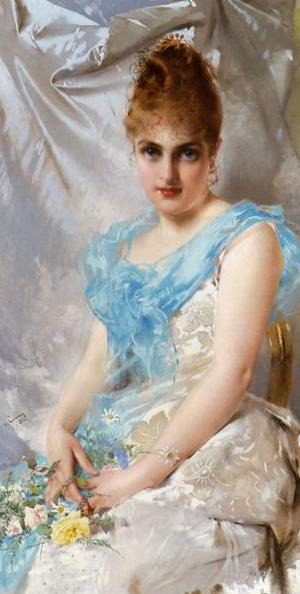| Author: | Anton Pavlovich Chekhov | ISBN: | 9781465590602 |
| Publisher: | Library of Alexandria | Publication: | March 8, 2015 |
| Imprint: | Language: | English |
| Author: | Anton Pavlovich Chekhov |
| ISBN: | 9781465590602 |
| Publisher: | Library of Alexandria |
| Publication: | March 8, 2015 |
| Imprint: | |
| Language: | English |
ONE hot summer’s day Ivan Jmukin was returning from town to his farm in southern Russia. Jmukin was a retired old Cossack officer, who had served in the Caucasus, and had once been lusty and strong, but he was an old man now, shrivelled and bent, with bushy eyebrows and a long, greenish-grey moustache. He had been fasting in town, and had made his will, for it was only two weeks since he had had a slight stroke of paralysis, and now, sitting in the train, he was full of deep, gloomy thoughts of his approaching death, of the vanity of life, and of the transient quality of all earthly things. At Provalye, one of the stations on the Don railway, a fair-haired, middle-aged man, carrying a worn portfolio under his arm, entered the compartment and sat down opposite the old Cossack. They began talking together. “No,” said Jmukin gazing pensively out of the window. “It is never too late to marry. I myself was forty-eight when I married, and every one said it was too late, but it has turned out to be neither too late nor too early. Still, it is better never to marry at all. Every one soon gets tired of a wife, though not every one will tell you the truth, because, you know, people are ashamed of their family troubles, and try to conceal them. It is often ‘Manya, dear Manya,’ with a man when, if he had his way, he would put that Manya of his into a sack, and throw her into the river. A wife is a nuisance and a bore, and children are no better, I can assure you. I have two scoundrels myself. There is nowhere they can go to school on the steppe, and I can’t afford to send them to Novotcherkask, so they are growing up here like young wolf cubs. At any moment they may murder some one on the highway.”
ONE hot summer’s day Ivan Jmukin was returning from town to his farm in southern Russia. Jmukin was a retired old Cossack officer, who had served in the Caucasus, and had once been lusty and strong, but he was an old man now, shrivelled and bent, with bushy eyebrows and a long, greenish-grey moustache. He had been fasting in town, and had made his will, for it was only two weeks since he had had a slight stroke of paralysis, and now, sitting in the train, he was full of deep, gloomy thoughts of his approaching death, of the vanity of life, and of the transient quality of all earthly things. At Provalye, one of the stations on the Don railway, a fair-haired, middle-aged man, carrying a worn portfolio under his arm, entered the compartment and sat down opposite the old Cossack. They began talking together. “No,” said Jmukin gazing pensively out of the window. “It is never too late to marry. I myself was forty-eight when I married, and every one said it was too late, but it has turned out to be neither too late nor too early. Still, it is better never to marry at all. Every one soon gets tired of a wife, though not every one will tell you the truth, because, you know, people are ashamed of their family troubles, and try to conceal them. It is often ‘Manya, dear Manya,’ with a man when, if he had his way, he would put that Manya of his into a sack, and throw her into the river. A wife is a nuisance and a bore, and children are no better, I can assure you. I have two scoundrels myself. There is nowhere they can go to school on the steppe, and I can’t afford to send them to Novotcherkask, so they are growing up here like young wolf cubs. At any moment they may murder some one on the highway.”















